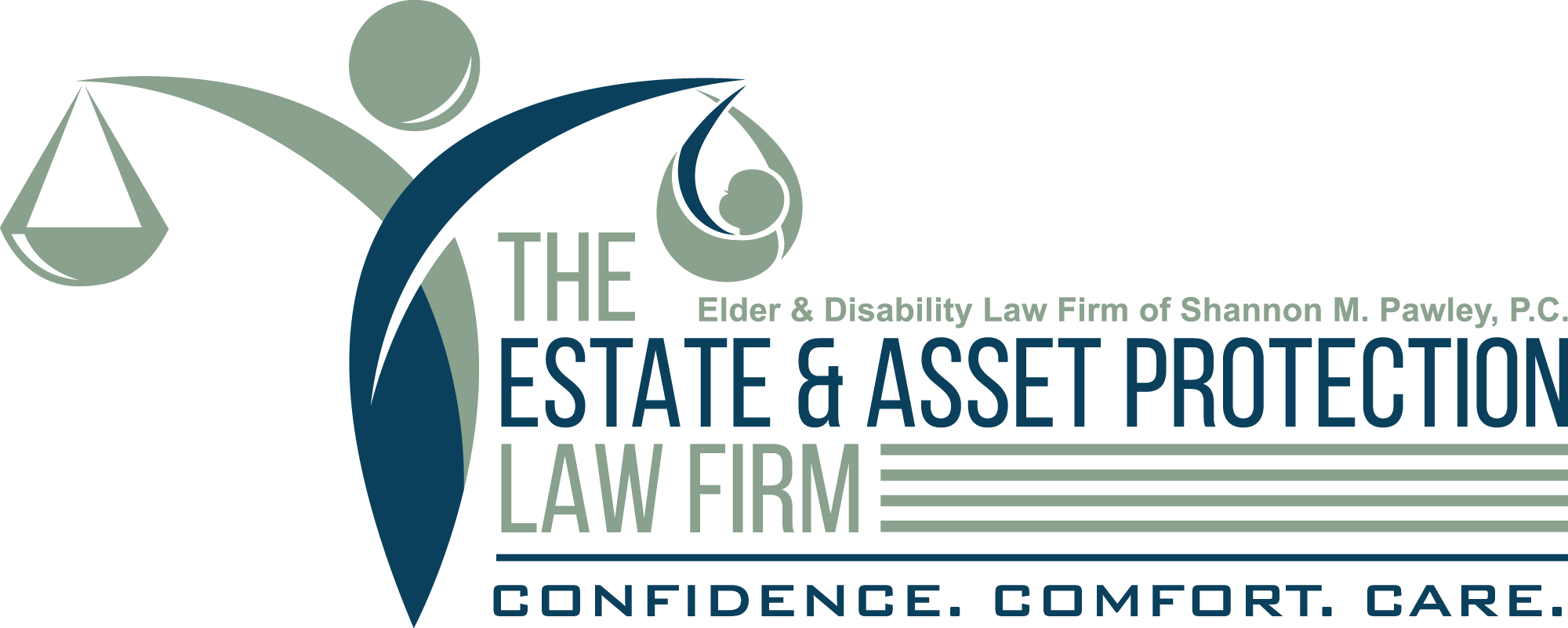Differences Between Palliative Care and Hospice Care

Elder Care Topic: Differences Between Palliative Care and Hospice Care
One important elder care topic looks at how we care for the elderly in our lives. With so many family members taking on the role of caregiver for elderly parents and loved ones, one of the most important concerns is the comfort and quality of life of those in our care.
My focus in this article is to clarify two terms that share similar objectives. Yet, these two types of care vary in prognosis and goals. Hopefully, I will clear up any confusion you may currently have around palliative care and hospice care. At the same time, I’ll seek to help you understand the level of care your loved one may need.
Palliative Care Information
Basically, palliative care focuses on easing pain and discomfort, reducing stress, and helping people have the highest quality of life possible while receiving curative and therapeutic care. This includes care for illnesses such as chemotherapy, dialysis, or surgery. Palliative care can be provided for as long as it’s needed.
Hospice Information
Hospice care focuses on quality of life when a cure is no longer possible, or burdens of treatment outweigh the benefits. Also included in hospice care are pain and symptom management, emotional support, medications and medical supplies, as well as coaching for caregivers, and grief support. This type of elder care may also include special services like speech and physical therapy when needed.
Hospice care is initiated and continued so long as your doctor believes you likely have fewer than six months to live. Sometimes, people receiving hospice care live longer than six months and the care can be extended. It is also possible to leave hospice care if a patient’s condition improves. The patient also might leave if they decide they wish to resume curative care. They can return to hospice care later.
Hospice care is most often paid for as a benefit of Medicare. Hospice may also be paid for as part of a Medicare Advantage plan, by state Medicaid plans, or by private insurance.
Planning for long-term health care needs is an important aspect of an estate plan.
It isn’t always possible to know if our family members will be capable or available to provide care. That’s why it’s important to create an estate plan stating your desires for end-of-life care sooner rather than later. Give our office a call at (470) 235-7868 today. Let us help you create a plan that will put your mind at ease regarding this important life event.
Looking to find an experienced estate lawyer in the Georgia area who is skilled in asset protection and estate plan preparation? Shannon Pawley is an attorney in Georgia with expertise in estate planning and asset protection. Shannon can provide assistance with creating an estate plan to include making a will and how to establish a trust properly. If you have questions about asset protection or questions about making an estate plan, reach out to Shannon and she will be glad to help answer all the estate planning questions you might have!










